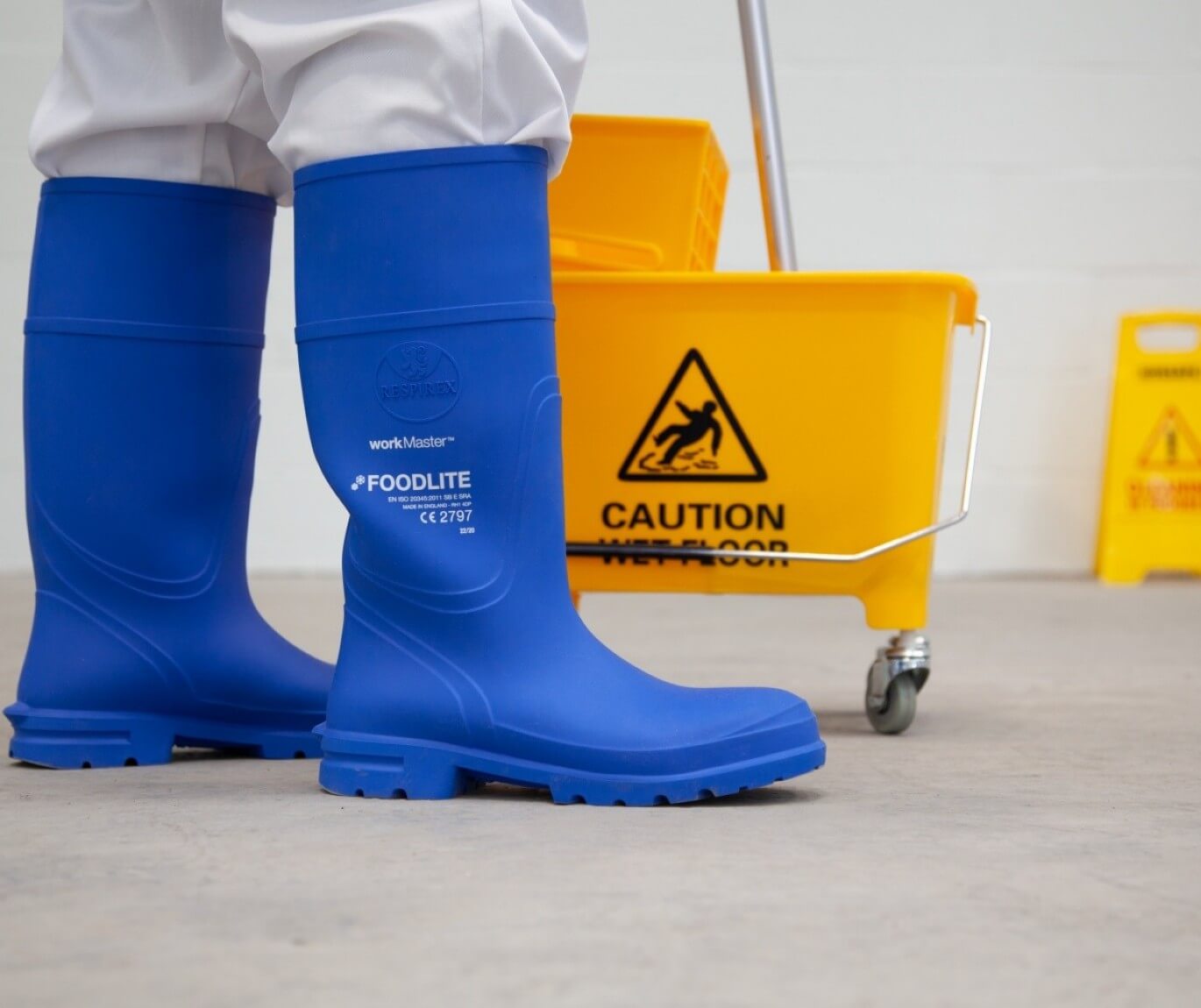Are you a food service professional constantly on your feet, enduring long shifts and demanding environments? If so, then finding the perfect pair of shoes is absolutely crucial. Not only do you want comfortable footwear, but you also need shoes that can withstand the rigorous demands of the job. But where do you start?
With so many options out there, it can be overwhelming to find the right fit. That’s where our guide comes in. In this guide, we’ll walk through the factors to consider when choosing shoes for food service professionals. From slip resistance and durability to comfort and style, we have you covered. Say goodbye to sore feet and hello to finding the perfect fit that will keep you comfortable and focused throughout your workday.
So, let’s dive in and discover the best shoes that will have you stepping out with confidence in the kitchen!Footwear Importance in Food ServiceCommon Foot ProblemsTop Features
Slip-resistant shoes are essential personal protective equipment for food service staff. Employees who work with or near hot liquids can protect themselves against burns by wearing leather-top shoes. Maintenance employees should consider non-conductive footwear when working around electrical hazards.

Top Features of Restaurant & Food Service Shoes
Explore the essential features that make restaurant and food service shoes stand out, providing durability, slip-resistance, and all-day comfort for professionals in the industry.
- Comfort
Comfort should be your top priority when selecting shoes for the food service industry. Look for shoes with ample cushioning, arch support, and a roomy toe box. The shoes should fit well and not cause any discomfort or pressure points.Comfort
- Slip Resistance
Slip-resistant shoes are essential to prevent accidents in the workplace. Look for shoes with rubber outsoles that provide excellent traction on wet or greasy surfaces. The outsoles should have deep treads or patterns that channel liquids away to maintain grip.Slip Resistance
- Durability
Food service professionals need shoes that can withstand the demands of their job. Look for shoes made from durable materials that can handle spills, heavy usage, and frequent cleaning. Reinforced toe caps and heel counters can provide extra durability and protection.Durability
- Breathability
Working in a hot kitchen can cause your feet to sweat excessively. Look for shoes made from breathable materials that allow air circulation to keep your feet cool and dry. Mesh panels or perforations in the upper can enhance breathability.Breathability
- Support
Proper support is crucial to prevent foot fatigue and discomfort. Look for shoes that provide good arch support and stability. Shoes with removable insoles allow you to customize the level of support according to your needs.Support
Facts and Stats
Restaurant & Food Service Industry Facts and Stats
- Restaurant workers walk as many as 23,000 steps per day—that’s about 10 miles!—according to one study.
- Arthritis is one of the most common chronic injuries faced by food service workers.
- It is estimated that 12.1 million people were employed in the restaurants & food service industry group in 2019, according to the Bureau of Labor Statistics.
- Waiters and waitresses make up 20.5% of the positions held in the restaurants & food services group—the largest percentage in that industry.
Types of Shoes
Best Shoes For Restaurant Workers
FAQ
What type of shoes should be worn when working in foodservice?
Which of the following is proper footwear for food service workers?
Which type of shoes are most appropriate for the kitchen?
What type of footwear would you be required to wear in kitchen?
What are the best food service shoes?
The best shoes for restaurant and food service professionals are those specifically designed for the industry, offering features like slip resistance, durability, comfort, and support. Look for reputable brands that prioritize these qualities in their footwear. What materials are recommended for food service shoes?
Why should food service professionals wear shoes?
Working in the food service industry often means spending long hours on your feet, whether it’s in a fast-paced restaurant or a bustling kitchen. The physical demands of the job can take a toll on your feet, leading to discomfort, pain, and even long-term foot problems. This is why wearing the right shoes is crucial for food service professionals.
Why do food service workers wear slip-resistant shoes?
In the food service industry, slip and fall accidents are a common occurrence. Wet or greasy floors can be hazardous, and wearing shoes with slip-resistant soles can greatly reduce the risk of accidents. The right shoes should also offer protection against spills and hot liquids, ensuring that your feet are safe from potential burns and injuries.
What are food service shoes made of?
Food service shoes are commonly made from materials such as leather, synthetic leather, or synthetic materials that are easy to clean and maintain. These materials are often water-resistant or water-repellent, which is beneficial when working in environments where spills and liquids are common.
